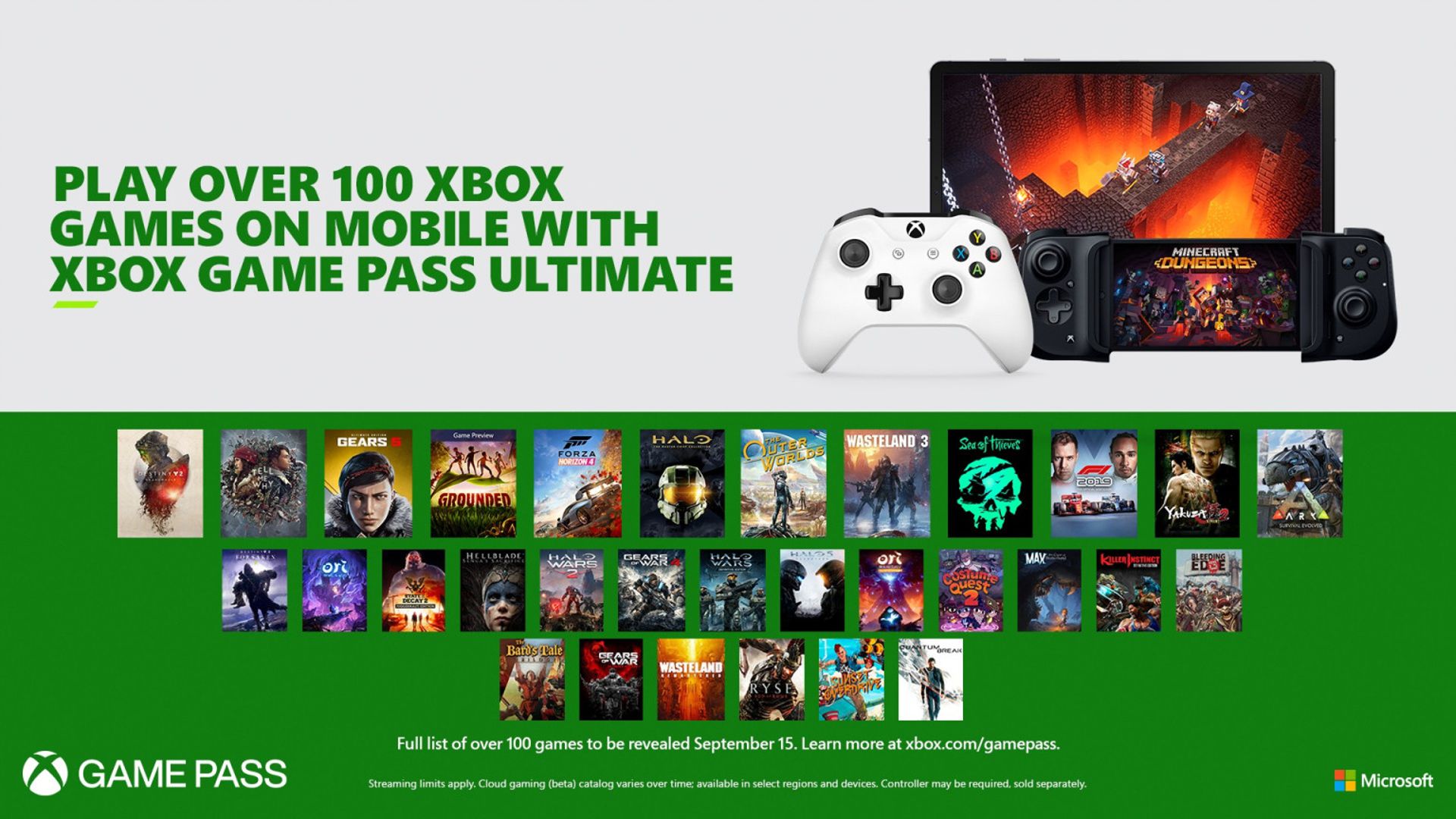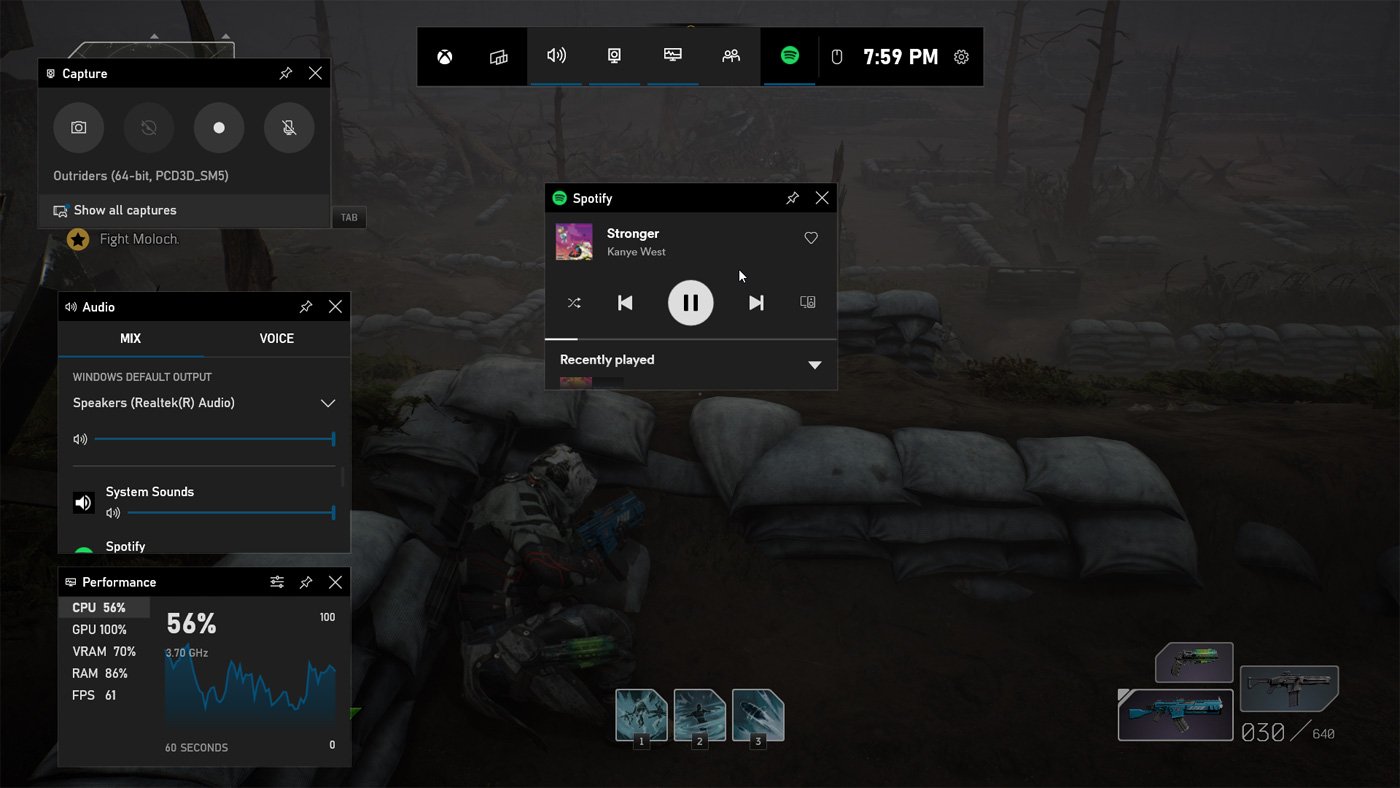
"How many times have you heard, 'When's the Netflix of gaming coming?'" (Netflix, it turns out, is getting into gaming itself, although it's tempered expectations by saying it will focus on mobile games first.) "It's probably the likes of Netflix and Spotify that have ended up pushing us to this point in games," said Craig Chapple, an industry analyst with the firm Sensor Tower. Now, as these subscriptions are married to nascent but fast-growing cloud gaming services that allow you to stream games to almost any screen, the industry is bracing itself for a potential paradigm shift akin to what happened to television, film and music. But a new wave of game subscriptions - Netflix-style, all-you-can-play buffets - have only just begun emerging in the last few years. Subscription services have existed in gaming for decades, both for individual games like World of Warcraft and for console platform services like Sony's PlayStation Plus. As of January, Game Pass had more than 18 million subscribers, and Microsoft's aggressive investment in a subscription future has become a catalyst for an industrywide reckoning on the likelihood and viability of such a model becoming standard. Far and away the most ambitious of them is Microsoft's Xbox Game Pass, featuring more than 100 games for $9.99 a month and including even brand-new titles the day they release. Of the biggest companies in gaming today, Amazon, Apple, Electronic Arts, Google, Microsoft, Nintendo, Nvidia, Sony and Ubisoft all operate some form of game subscription. Now, they're expanding to mobile phones and smart TVs, and promising to radically change the economics of how games are funded, developed and distributed.

These services started as small, closed offerings typically available on only a handful of hardware platforms.

Subscription services are coming for the game industry, and the shift could shake up the largest and most lucrative entertainment sector in the world.


 0 kommentar(er)
0 kommentar(er)
